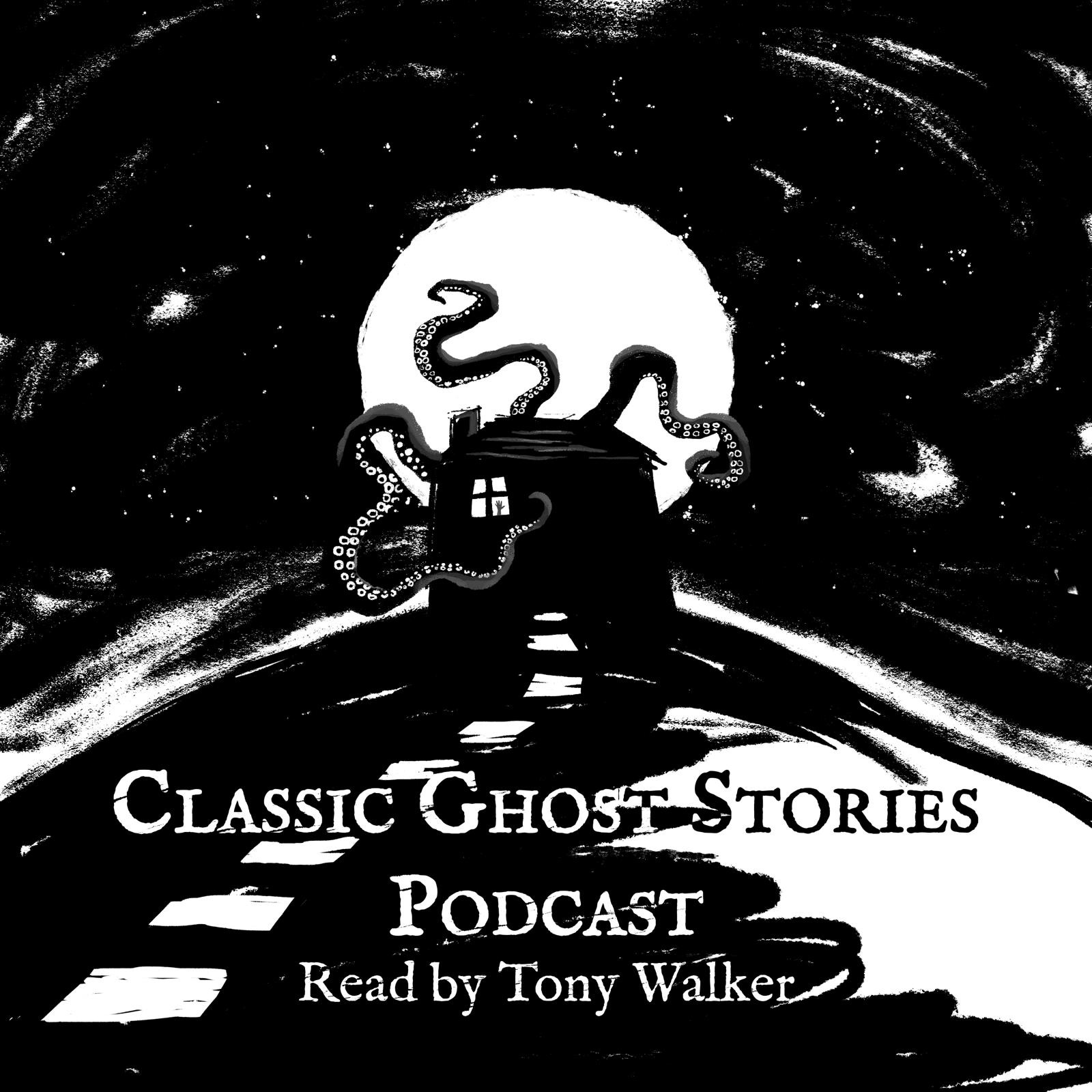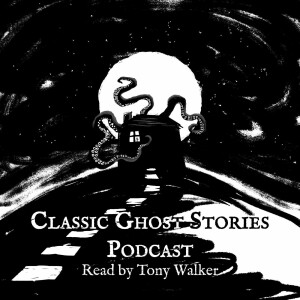
The Beckoning Fair One by Oliver Onions (2 of 4)
 2020-09-05
2020-09-05
The first part of section five of The Beckoning Fair One by Oliver Onions has him sitting in the house listening to the noises and from nowhere he begins to muse that someone in the future might have an impression of a ghost that was started by his presence. This section achieves two things; firstly it sets up the ghost, and secondly it strengthen's the idea that the house itself has a personality and a life. That only becomes more evident as the story progresses.
As I read, listen and edit, I am struck again by how hollow are the claims of those critics who say this is not a ghost story.
This is a ghost story indeed! My evidence is first; the nail that scratches Elsie Bengough's arm. Oleron knows he took all the nails out.
And after this incident, he looks at her and realises for the first time, that she is in love with him. What an idiot! But then, he is a man and many men aren't very sensitive about these things. But then, I should probably only speak for myself on this.
The Beckoning Fair One is as much a love story as it is a ghost story. We saw this mixture of love and monsters in The Yellow Sign.
However, the realisation that she loves him creates a mixed emotion in Oleron. I like to think this represents a war between the real Oleron, when he feels compassion and pity, and almost love for Elsie, and the spirit of the house that's invading him and making him resentful of Elsie. Either way, both his compassion that she should not suffer more from unrequited love, and the prompting of the jealous house join together in his resolution to encourage Elsie not to come back. The house woman is winning.
When Elise can't keep away, she puts her foot through the stair. Oleron is clear that the woodwork was old but fine. It's the ghost again striking out to hurt Elsie.
Elsie's comment is that she's getting fat. For me, that really humanises her. She's an ordinary, flawed woman, not some dream of a spirit woman. I often think that men would do well to take this lesson on board. They spend their lives running after dream women and spurn real women.
Elsie says, "Let me go, I'm not wanted!"
Neither by Oleron, nor the house. Then he tries to tell her how dear she is to him. Quite rightly she tells him not to patronize her.
We get an insight into the narrow-minded Christianity of Barret, very quick to misunderstand and condemn without asking any questions about this. I suppose that this is a hot topic for me now because I just listened to a podcast episode with Damien Echols how he served 18 years on death row in Arkansas for a crime he didn't commit because he was alternative and different in his small, narrow-minded town. It's a good listen
Elsie goes, Oleron decides he won't even sit down if she comes to visit, in order to get her to leave quickly. And then, he becomes anxious for her physical safety. This ghost is mean, and he knows it. At this point, he is far from seduced by the Beckoning Fair One. However, he does let himself down. When he imagines her suicide, his first thought it that he might get blamed! And then he thinks he an't marry her because she's ugly! What a cad.
the silkly rustle and the brushing sound must surely be a ghost!
The noise scares him to death and he goes the pub, acting out of character, but the brandy and the human contact serve to ground him a little. He decided he will go back and not be chased out of the house by the ghost. I think this incident is his last chance. This would have been his opportunity to escape, and he nearly manages it.
I'm trying to narrate more slowly given a couple of reviews that talk about me narrating too fast. I do pretty much everything too fast.
This is a public episode. If you’d like to discuss this with other subscribers or get access to bonus episodes, visit tonywalker.substack.com/subscribe
More Episodes
 2022-02-19
2022-02-19
 2022-02-12
2022-02-12
 2022-02-12
2022-02-12
 2022-02-12
2022-02-12
 2022-01-02
2022-01-02
 2021-12-20
2021-12-20
 2021-12-11
2021-12-11
 2021-11-30
2021-11-30
 2021-11-28
2021-11-28
 2021-11-22
2021-11-22
 2021-09-13
2021-09-13
 2021-09-11
2021-09-11
 2021-09-08
2021-09-08
 2021-08-30
2021-08-30
 2021-08-26
2021-08-26
 2021-08-23
2021-08-23
 2021-08-19
2021-08-19
 2021-08-06
2021-08-06
 2021-07-18
2021-07-18
 2021-06-03
2021-06-03
Create your
podcast in
minutes
- Full-featured podcast site
- Unlimited storage and bandwidth
- Comprehensive podcast stats
- Distribute to Apple Podcasts, Spotify, and more
- Make money with your podcast
It is Free
- Privacy Policy
- Cookie Policy
- Terms of Use
- Consent Preferences
- Copyright © 2015-2024 Podbean.com





